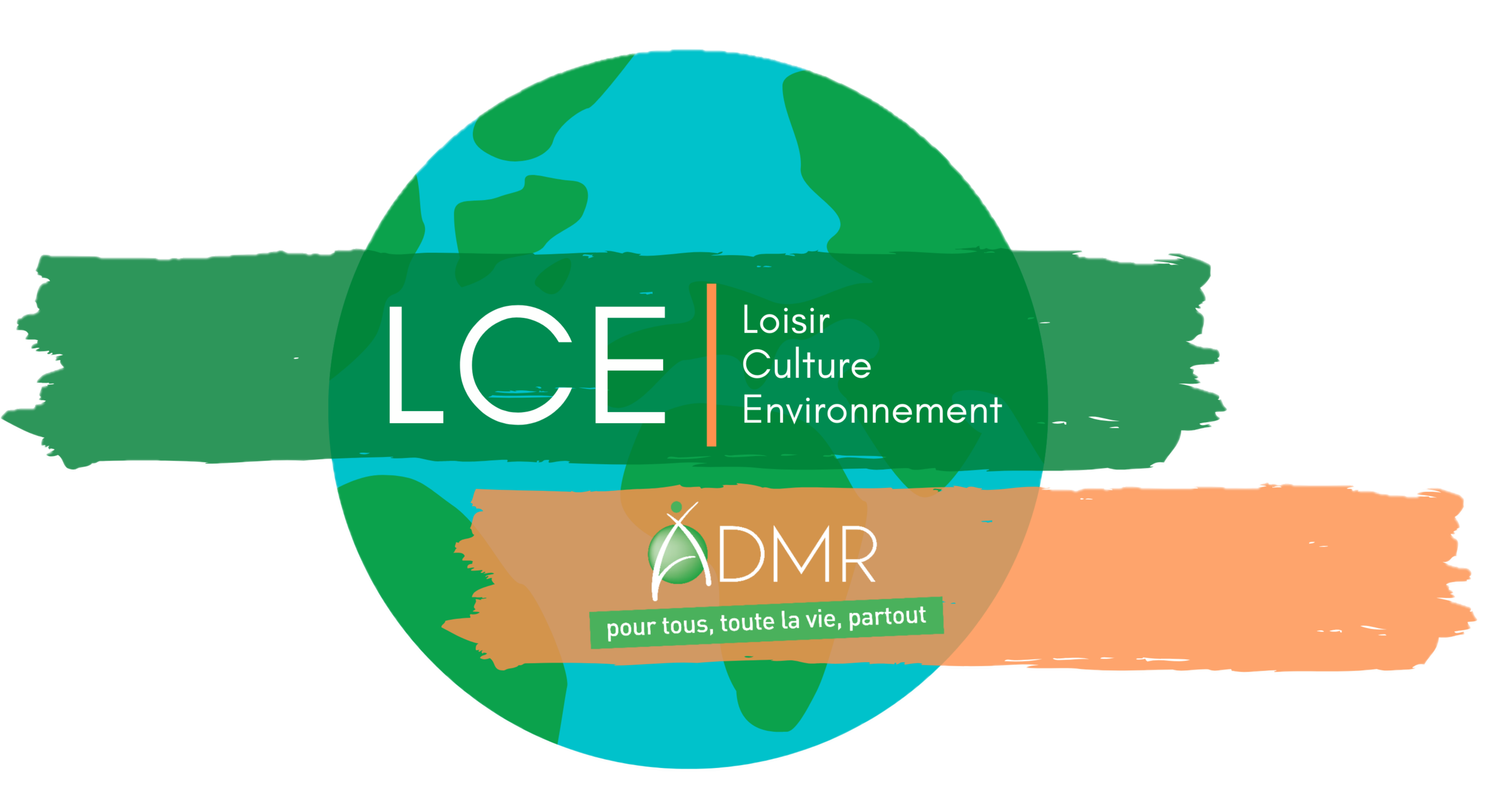Alcohol use disorder includes a level of drinking that’s sometimes called alcoholism. Help the person address the problems that led to them drinking. If your loved one drank because of boredom, anxiety, or loneliness, for example, those problems will still be present once they’re sober. Encourage the person to find healthier ways of coping with life’s problems and rebounding from setbacks without leaning on alcohol.
Choosing an Alcohol Rehab Treatment Program
Your loved one’s primary care doctor or GP can evaluate their drinking patterns, assess their overall health and any co-occurring disorders, and provide treatment referrals. If appropriate, your loved one’s doctor may even prescribe medication approved to help treat alcohol dependence. Witnessing your loved one’s drinking and the deterioration of your relationship can trigger many distressing emotions, including shame, fear, anger, and self-blame. Your loved one’s addiction may even be so overwhelming that it seems easier to ignore it and pretend that nothing is wrong. But in the long run denying it will only bring more harm to you, your loved one with the problem, and the rest of your family.
Encouraging your loved one to get help
Remain calm when confronting your teen, and only do so when everyone is sober. Explain your concerns and make it clear that your worry comes from a place of love. It’s important that your teen feels you are supportive. As a parent or guardian, it’s normal to feel scared, angry, or confused if you discover your child is drinking.
Impact on your health
You can also try one of onset alcohol intolerance HelpGuide’s guided audio meditations to help you stay calm and focused as you make this challenging journey. Try seeking help from a sports coach, family doctor, therapist, or counselor. In addition to using a self-assessment, it can be helpful to understand some of the other signs that might indicate a drinking problem. Some say that if you have to ask whether or not you have a drinking problem, chances are that you probably do.
- Try seeking help from a sports coach, family doctor, therapist, or counselor.
- In some cases, people who might be described as problem drinkers can reduce their alcohol intake or quit drinking when they realize it negatively affects their lives.
- Try not to allow your loved one’s behavior to dictate your own health and happiness.
- Your loved one’s addiction may even be so overwhelming that it seems easier to ignore it and pretend that nothing is wrong.
As well as reducing their sense of isolation, your loved one can receive advice on staying sober and unburden themselves to others who understand their struggles firsthand. Studies suggest that the social connection provided by these groups can help your loved one build confidence in their own ability to avoid alcohol in social situations and support their sobriety. As much as alcohol and levaquin you love the person with the drinking problem and as upsetting as it can be to watch them struggle with their addiction, there’s only so much you can do. You can’t monitor their behavior around the clock, make all their decisions for them, or allow their problems to take over your life.
Best Medical Alert Systems of 2024 Chosen by Testers
The band members wrote the song with Josh Osborne and Shane McAnally, both of whom produced it with Dann Huff. Alcohol use disorder can include periods of being drunk (alcohol intoxication) and symptoms of withdrawal. Take the assessment and get matched with a professional, licensed therapist. Worrying and stressing about your loved one can take a toll on your mind and body, so find ways to relieve the pressure. Eating right, exercising regularly, and sleeping well can all help to keep stress in check.
Making a major life change by giving up or cutting down on alcohol can create stress. Similarly, heavy alcohol use is often an unhealthy means of managing stress. You can help your loved one find healthier ways to reduce their stress level by encouraging them to exercise, confide in others, meditate, or adopt other relaxation practices. Alcohol abuse and addiction (also known as “alcohol use disorder”) doesn’t just affect the person drinking—it affects their families and loved ones, too. Watching a friend or family member struggle with a drinking problem can be as heartbreakingly painful as it is frustrating.
Your loved one’s drinking mixing suboxone with alcohol isn’t likely to get better on its own; it’s more likely to get worse until you speak up. Dealing with a loved one’s alcohol abuse or alcoholism can be painful and challenging for the whole family, but there is help available. Many people with alcohol use disorder hesitate to get treatment because they don’t recognize that they have a problem. An intervention from loved ones can help some people recognize and accept that they need professional help.
